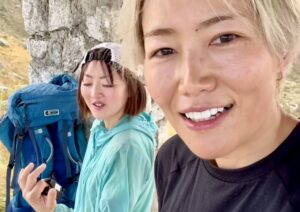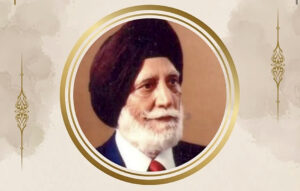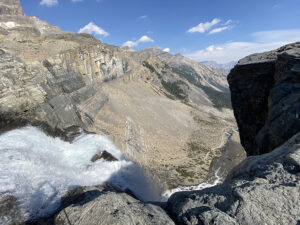After 45 minutes of CPR, and being placed on life support, a 45-year-old snowshoer came back to life after an accident on Mount Rainier. Michael Knapinski was “as dead as somebody gets before they are truly dead,” said Dr. Sam Arbabi, one of the medics at the Seattle hospital where the hypothermic victim was brought.
Knapinski had been snowshoeing beside a skiing friend in Mount Rainier National Park, in Washington State, on November 7. The pair decided to split up but planned to reunite later in an area known as Paradise, about 1,650m up the south slope of the volcanic peak.
While they were separated, the weather suddenly turned bad. “I was pretty close to the end [of the trail],” Knapinski said later. “Then it turned to whiteout and I couldn’t see anything. I’m not sure what happened. I think I fell.” He lost consciousness.
Knapinski’s friend reported him missing when he failed to arrive at their meeting point. The park launched a rescue, and on the afternoon of November 8, Knapinski was spotted from a helicopter in a river drainage.
He was airlifted to the Harborview Medical Center in Seattle. He was unconscious, with just a faint pulse. Then his heart stopped completely.
“He was on the verge of death,” said Dr. Arbabi. The team performed CPR and connected him to an extracorporeal membrane oxygenation (ECMO) machine, which pumps blood to a heart-lung machine that removes carbon dioxide and sends oxygen-filled blood back.
“He died while he was in the ER, which gave us the unique opportunity to try and save his life by basically bypassing his heart and lungs, which is the most advanced form of artificial life support that we have in the world,” another doctor said. Miraculously, he came back to life.

Michael Knapinski. Photo: Seattle Times
To prevent permanent brain injury, the doctors kept Knapinski sedated and at a lower temperature, allowing his organs and brain to recover. Hypothermia sometimes protects the brain after the heart stops.
A nurse in the intensive care unit was beginning a further round of sedation when she softly called Knapinski’s name. His eyes then burst open, and tears began streaming down his cheeks. His first request was to speak to his mother.
Knapinski’s kidneys have not yet returned to full function and he has serious frostbite, but he is otherwise he is expected to make a full recovery.






